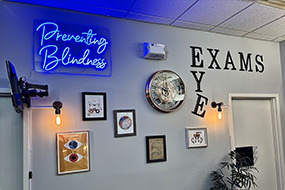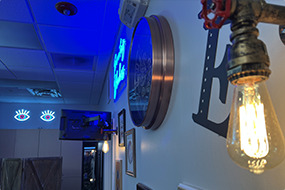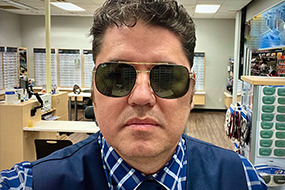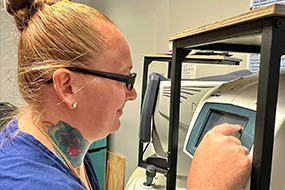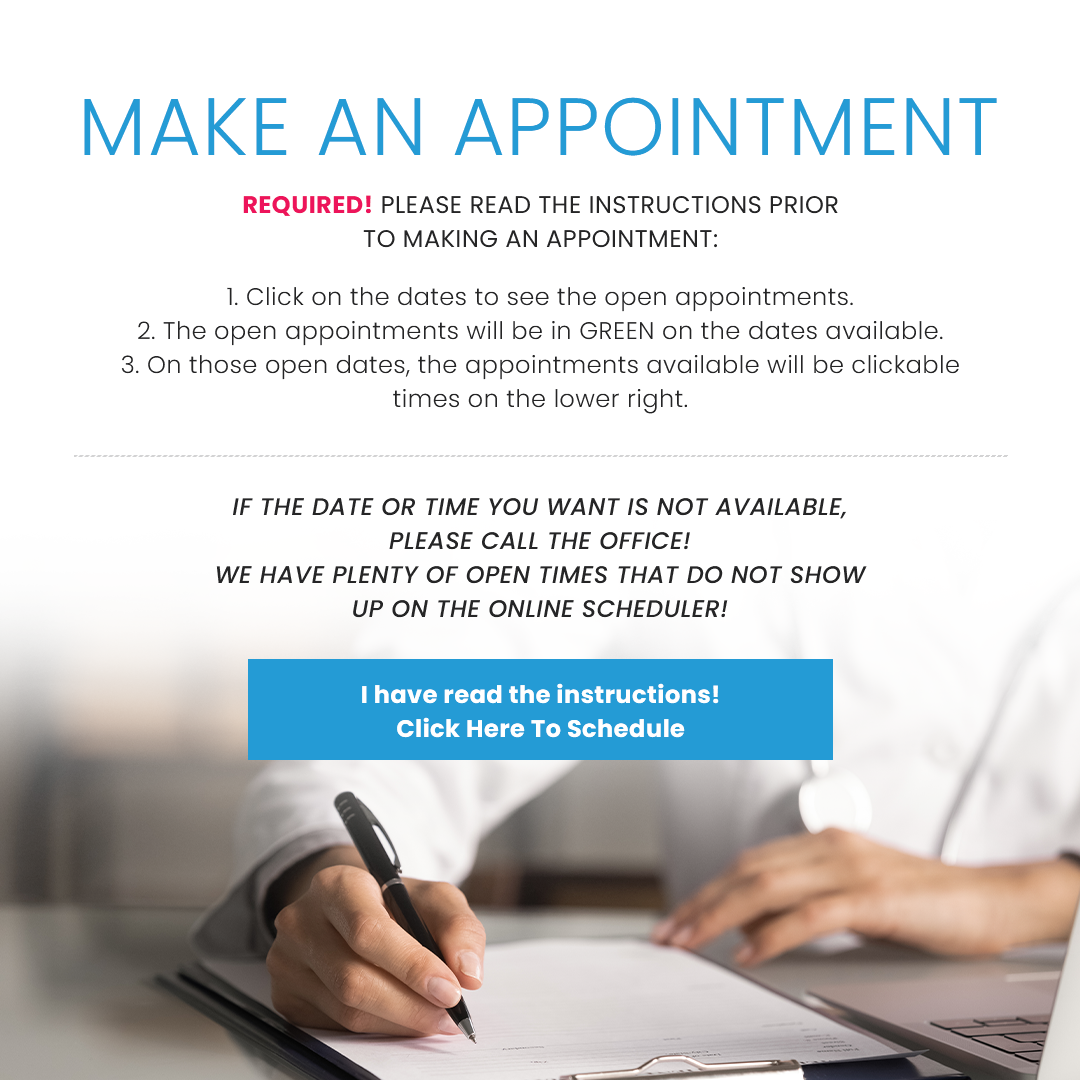
As we age, maintaining healthy vision becomes increasingly important - especially when it comes to preventing conditions that can cause permanent vision loss. Glaucoma is one of the leading causes of blindness among older adults, often progressing silently until significant damage has occurred. Understanding what to look for and the importance of regular eye exams can make all the difference in preserving your sight.
What Is Glaucoma?
Glaucoma refers to a group of eye diseases that damage the optic nerve, which is vital for clear vision. This damage is often caused by elevated intraocular pressure (IOP), though it can also occur in eyes with normal pressure. The most common type, open-angle glaucoma, develops gradually and typically shows no early symptoms. Angle-closure glaucoma, though less common, can cause sudden and severe symptoms that require immediate medical attention.
Signs and Symptoms to Watch For
In its early stages, glaucoma rarely presents noticeable symptoms. However, as the disease progresses, patients may experience:
Gradual loss of peripheral vision
Blurred or hazy vision
Difficulty seeing in dim light
Halos around lights
Eye pain, headache, or nausea
Because the symptoms develop slowly, many elderly patients don’t realize there’s a problem until the disease is advanced - when vision loss is irreversible.
Why Routine Eye Exams Are Essential
Early detection is the best defense against glaucoma-related vision loss. Medical eye exams allow your optometrist to:
Measure intraocular pressure
Examine the optic nerve for early signs of damage
Evaluate visual fields for blind spots
Monitor changes over time with imaging technology
Routine medical eye exams become even more critical for those over 60, especially if there’s a family history of glaucoma, diabetes, or hypertension - all factors that increase your risk. With consistent monitoring and proper treatment, many patients maintain useful vision for years.
Get Expert Glaucoma Care in Waterford
Glaucoma doesn’t have to mean the end of clear, independent vision. By staying vigilant and committing to regular medical eye exams, you can protect your eyesight and detect changes before they become permanent. If you or a loved one is over 60, schedule an eye exam to ensure your eyes stay healthy for years to come.
Protect your vision with expert glaucoma care at Doc Eye and take the first step toward lifelong eye health. Visit our office in Waterford, Connecticut, or call (860) 499-3500 to book an appointment today.









